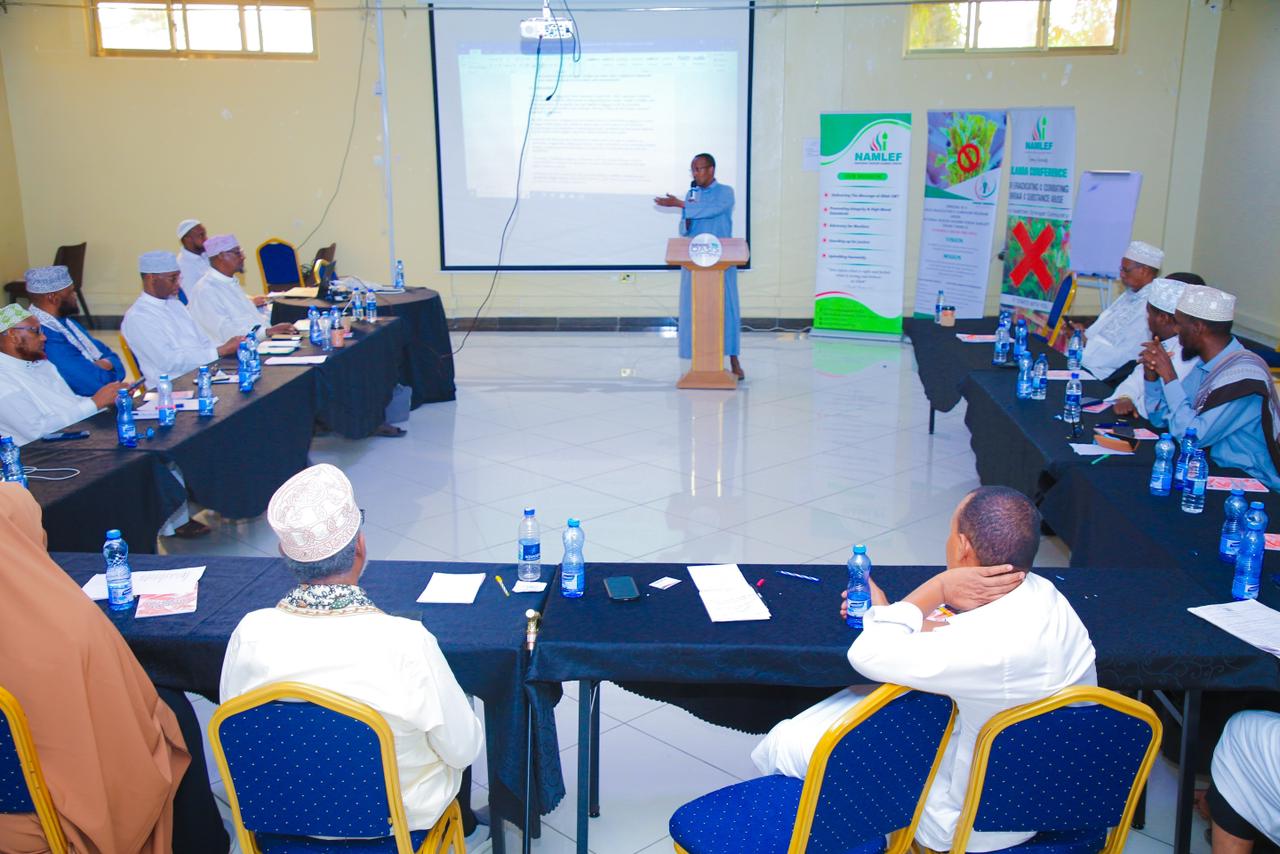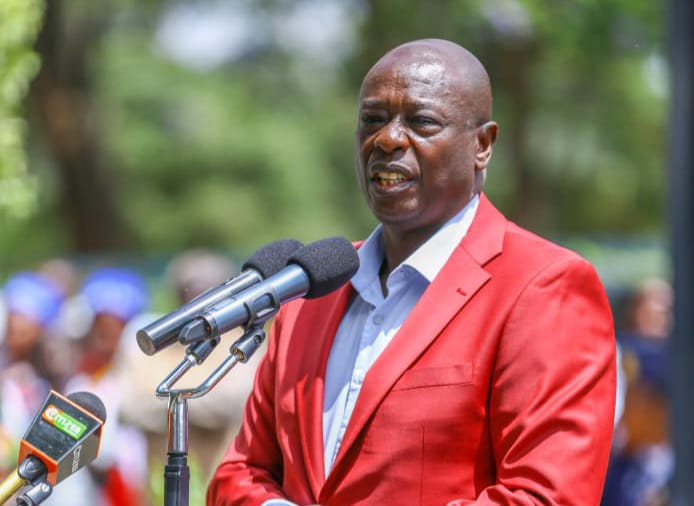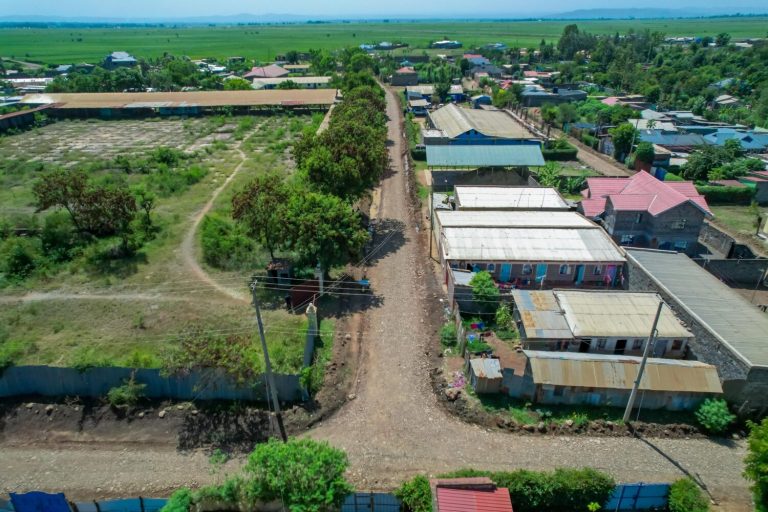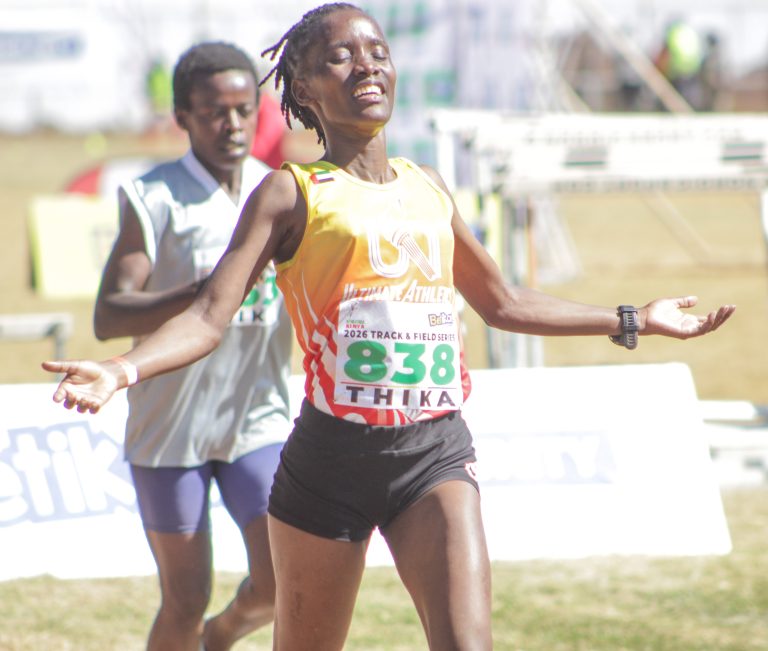Debate over a crucial Bill aimed at restricting the use and sale of miraa in Wajir county gained momentum on Wednesday, with stakeholders calling for its enactment to protect youth and families.
The Wajir county assembly hosted a forum that brought together the National Muslim Leaders Forum (Namlef), Supkem, imams, doctors, academicians and legal experts to advance the Wajir County Miraa and Other Substance Control Bill, 2025.
The forum is part of a series of public consultations designed to refine the Bill ahead of its final debate and passage.
The session, presided over by County Assembly Speaker Abdille Yussuf, offered an opportunity for stakeholders to provide input on a Bill that has already received broad public support.
He said the legislation, under debate for several months, is now entering its final stages.
“The importance of this Bill is to control the use and sale of miraa and other substances in the county. We know that the use of miraa is a big problem here in Wajir, affecting all sectors of life,” Yussuf said.
He emphasised the county assembly has a mandate to address issues directly impacting residents and pledged to advance the legislation to curb substance abuse.
Under the proposed law, all miraa distributors and retailers will be required to obtain operating licences, and trading will only be permitted in areas designated by county authorities.
Namlef, one of the country’s most influential Muslim leadership organisations, expressed full support for the Bill, urging community members to unite for the welfare of future generations.
“This is about saving our community from the social, economic and even security problems linked to miraa,” Sheikh Abdislam of Namlef said.
Acting Chief Kadhi Sheikh Sukyan Omar warned that miraa abuse had become a major social and economic burden in Wajir and neighbouring counties.
“Our community has been affected by the problem of miraa for a long time. It is affecting all sectors of life, including security and safety. Our youths are devastated,” he said.
Health experts recommended the assembly include age limits, licensing requirements and mandatory annual awareness campaigns to curb addiction.
“We recommend adding age restrictions and issuing special licenses, alongside regular public education to prevent youth initiation and dependency,” Dr Mohamed Abdirahman said.
Traders, however, argued that muguka, which is cheaper and more accessible, poses a greater risk than miraa.
“We need to deal with muguka because it’s cheap and easily available to children. The miraa we sell is expensive and mainly bought by adults. The law should focus on banning muguka completely,” trader Farhia Hussein said.
If passed, the legislation will be among the strongest county-level efforts in northern Kenya to regulate miraa and curb rising substance abuse.
by STEPHEN ASTARIKO













